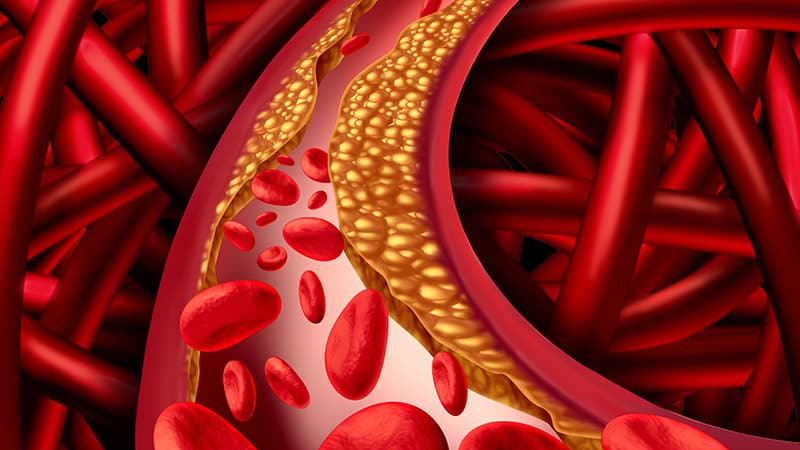The incidence of diabetes (particularly type II) is rapidly on the rise in our great nation. It is closely correlated to growing rates of overweight and obese Americans. Furthermore, the complications of diabetes, (kidney failure, blindness, heart disease and susceptibility to infection) are currently the number three cause of death in the USA.
So why is a society, ever more focused on health and fitness so susceptible to a disease related to obesity? Diabetes, type 1 or type 2, is a disease characterized by having too much sugar (glucose) in the bloodstream. Most of the sugar in our blood comes from our body converting foods we eat into glucose. A small portion can be endogenously (internally) made by our liver. Until very recently, with the dramatic increase in popularity of low carbohydrate diets, Americanís have been encouraged to eat low fat diets. In order to eat low fat, one must eat foods comprised mainly of carbohydrates. The main problem with this is that carbohydrates, simple and complex alike, create dramatic increases in blood sugar. This in turn signals the body to release insulin. For a non-diabetic, the release of insulin facilitates the transport of glucose out of the blood and into cells. For a type 1 diabetic who has very low or no ability to produce insulin and for a type 2 diabetic whose cells are resistant to the effects of insulin, the end result is sustained levels of elevated blood sugar.
Unfortunately, more body fat equals more insulin production which encourages insulin resistance. This results in the production of even more insulin and further storage of energy as fat. A dangerous cycle is established. The most important factor for people with diabetes who want to stabilize blood sugar and insulin levels is to tightly control the amount of carbohydrates consumed in the diet. A diet rich in protein, high quality fat and low carbohydrate vegetables can greatly improve blood sugar patterns. A common misconception is that diabetics should not eat a lot of protein because this can be particularly tough on the kidneys.
Although it is true that protein metabolism can exert some stress on the kidneys, the only reason why diabetics are prone to kidney disease is because of elevated blood sugar levels. Therefore, the result of reducing blood sugar levels can far outweigh the extra stress from increased protein consumption.
A diet rich in healthy fats(non-fried and non-hydrogenated), healthy sources of protein from fish, fowl, wild game, buffalo, ostrich and grass fed cattle along with an abundant variety of low carbohydrate vegetables is an ideal diet for achieving optimal blood sugar levels. Almost all other sources of carbohydrates in the diet should be eliminated. A diet devoid of carbohydrates does not mean a diet devoid of sweetness.
There are many alternative sweeteners on the market which aid in producing very palatable recipes. I highly recommend Dr. Bernstein’s Diabetes Solution by Dr. Richard Bernstein, M.D. as a complete guide to helping understand how diabetes and blood sugar issues can be dramatically improved by dietary modification. In fact, many of the worst pathologies associated with diabetes like kidney disease, peripheral neuropathy and vision changes can be reversed when normal blood sugars are achieved and maintained.








